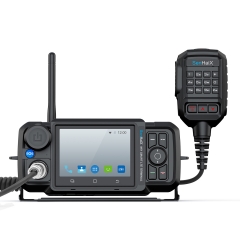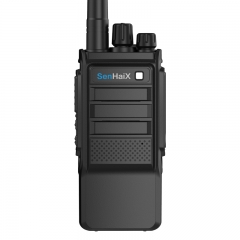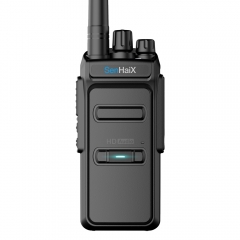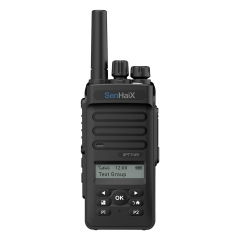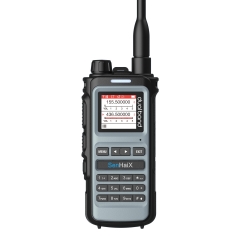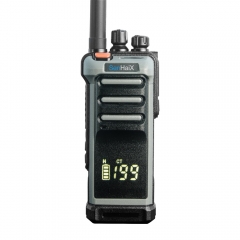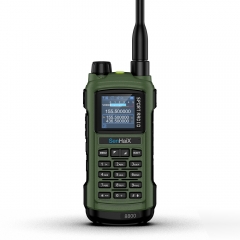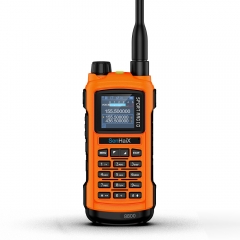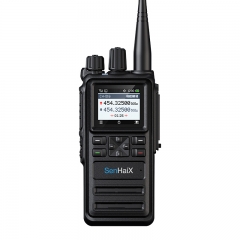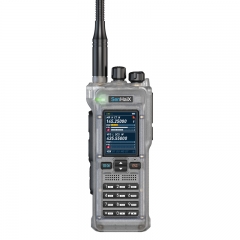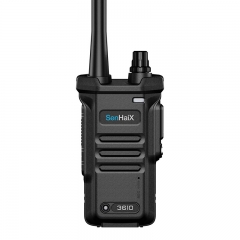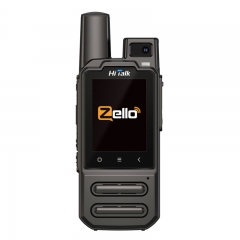When it comes to radios, there are two main types available on the market today: analog and digital. While both have their advantages and disadvantages, it can be difficult to determine which is best for your individual needs. In this article, we will explore the differences between analog and digital radios and the pros and cons of each.
Analog Radios
Analog radios have been around for several decades and are still widely used today. They use a continuous wave signal to transmit information and have a simple design that is easy to use. They are also reliable and have a long battery life, which makes them perfect for long-term use.
One of the biggest advantages of analog radios is that they are less expensive compared to their digital counterparts. They are also better for use in areas that have poor cell coverage or weak internet connectivity as they can work without the need for a network.
However, the technology used in analog radios has some major limitations. They have a relatively short range and are susceptible to interference from other signals. This can result in poor reception and a lot of background noise.
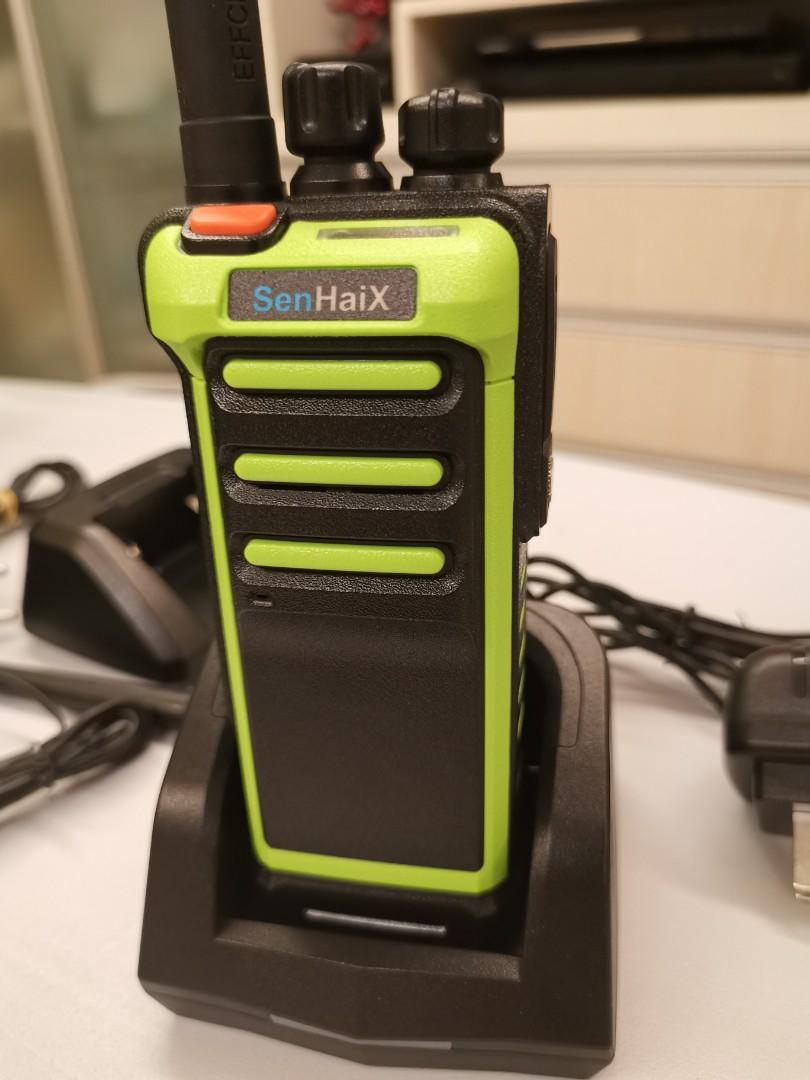

Digital Radios
Digital radios, on the other hand, are relatively new to the market and use digital signals to transmit information. They are gaining in popularity because of their superior sound quality and greater range compared to analog radios. They also have many advanced features such as GPS tracking, text messaging, and long battery life.
Digital radios also have better security as their signals are encrypted, which means they are harder to hack or listen in on. They are ideal for use in noisy environments, where analog radios can be difficult to hear due to background noise.
However, the downside of digital radios is that they are more expensive to purchase and maintain compared to analog radios. They also require a network or internet connection to work properly, which can be a challenge in remote areas.
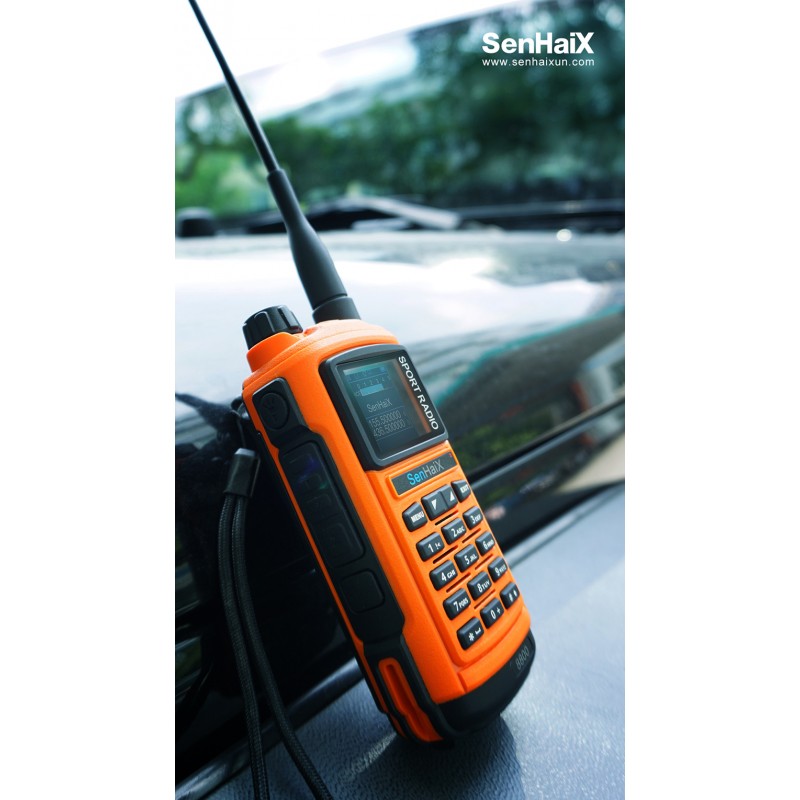
Which One Is Best?
In the end, the choice between analog and digital radios comes down to your individual needs. If you are using the radio for simple communication in an area with poor network coverage, then an analog radio would be the best choice. If you need a radio that serves multiple purposes, has advanced features and better security, then a digital radio is the way to go.
요약하면, 아날로그 및 디지털 라디오에는 장단점이 있으며 자신에게 가장 적합한 것을 선택할 때 개별 요구 사항을 고려하는 것이 중요합니다. 디지털 라디오는 더 비싸고 네트워크가 필요할 수 있지만 더 넓은 범위와 우수한 음질을 제공합니다. 반면에 아날로그 라디오는 저렴하고 연결성이 좋지 않은 지역에서 작동할 수 있습니다. 무엇을 선택하든 아날로그 및 디지털 무전기 모두 효과적인 통신 솔루션을 제공합니다.


















